Description
Given the special status enjoyed by Ibn Arabi in the intellectual and spiritual heritage of humanity in general, and the Islamic heritage in particular, Nasr Hamid Abu Zayd devoted himself to studying his experience, putting it under the scalpel of analysis; to extract its features and contributions in many fields, such as jurisprudence, doctrine, and philosophy, in addition to the sciences of interpreting the Qur’an, the sciences of hadith, and the sciences of language and rhetoric, while presenting a panoramic vision of Islamic thought in the sixth and seventh centuries AH (eleventh and twelfth centuries AD). Abu Zayd took Ibn Arabi’s works as a source from which he could draw what would clarify the ambiguity of the language of the Greatest Sheikh, especially his most prominent book, “Al-Futuhat Al-Makkiyya,” which was like divine inspiration and messages that God opened to him during his circumambulation of the Sacred House. Abu Zayd also shed light on the historical and cultural context in which the Sheikh lived, such as his meeting with the philosopher Ibn Rushd, his travels from the Islamic Maghreb to the Levant, and other aspects of his rich experience and its stations.

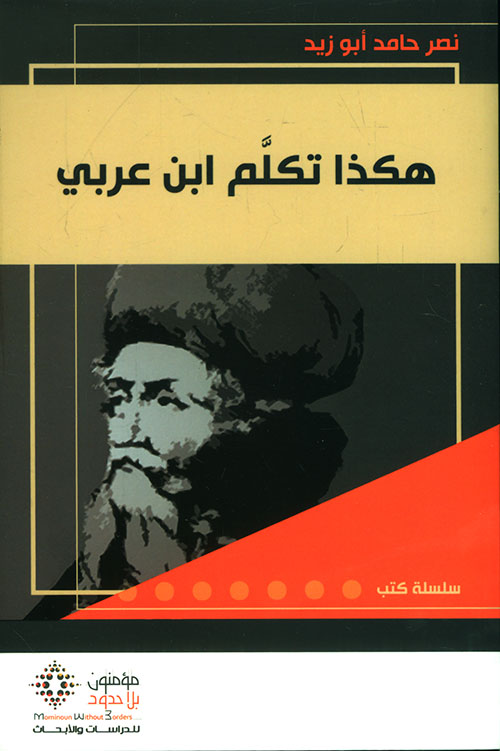
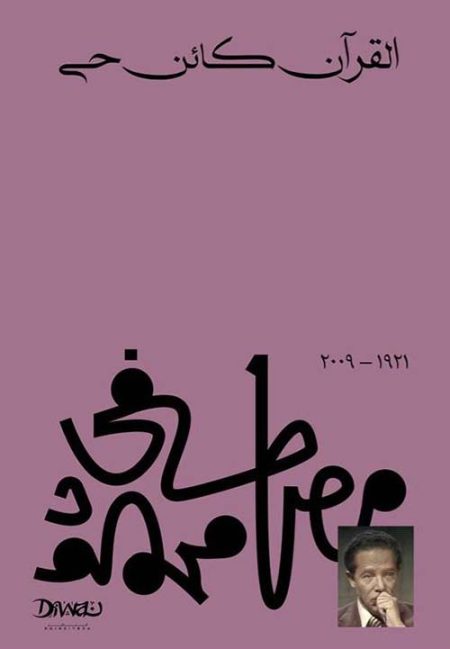
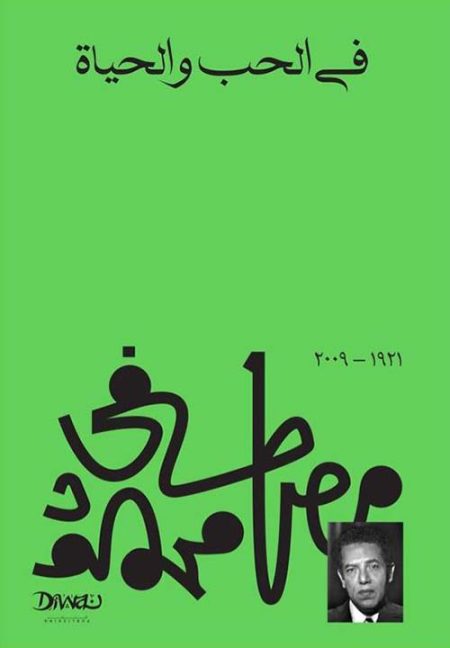
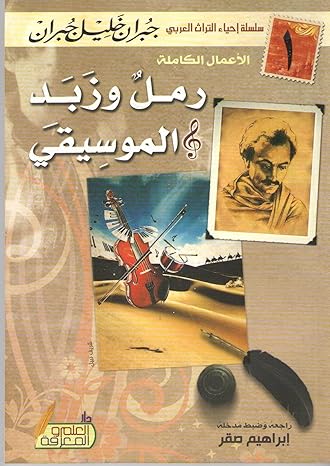
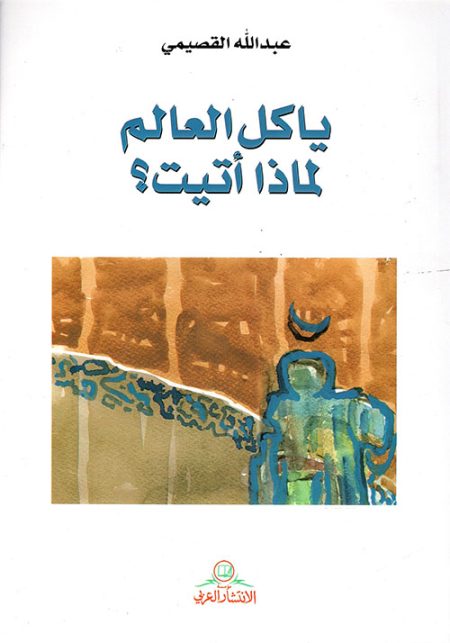

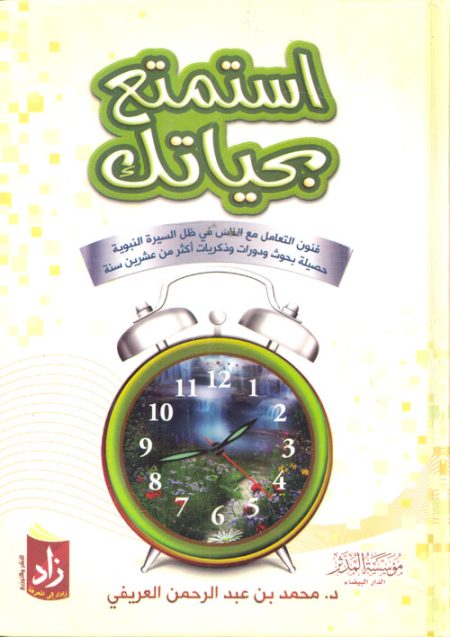



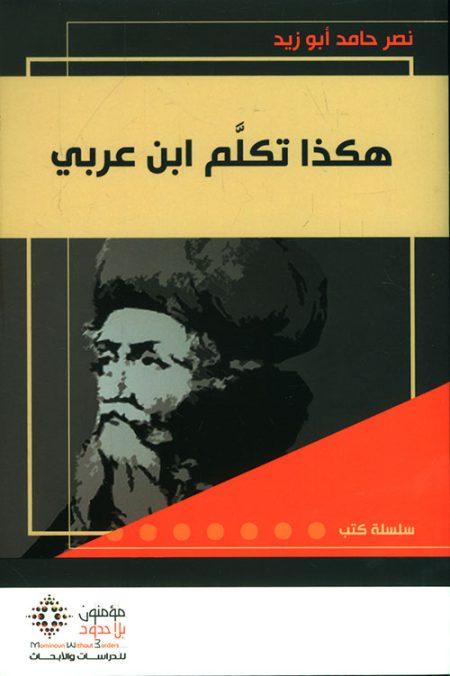
Reviews
There are no reviews yet.